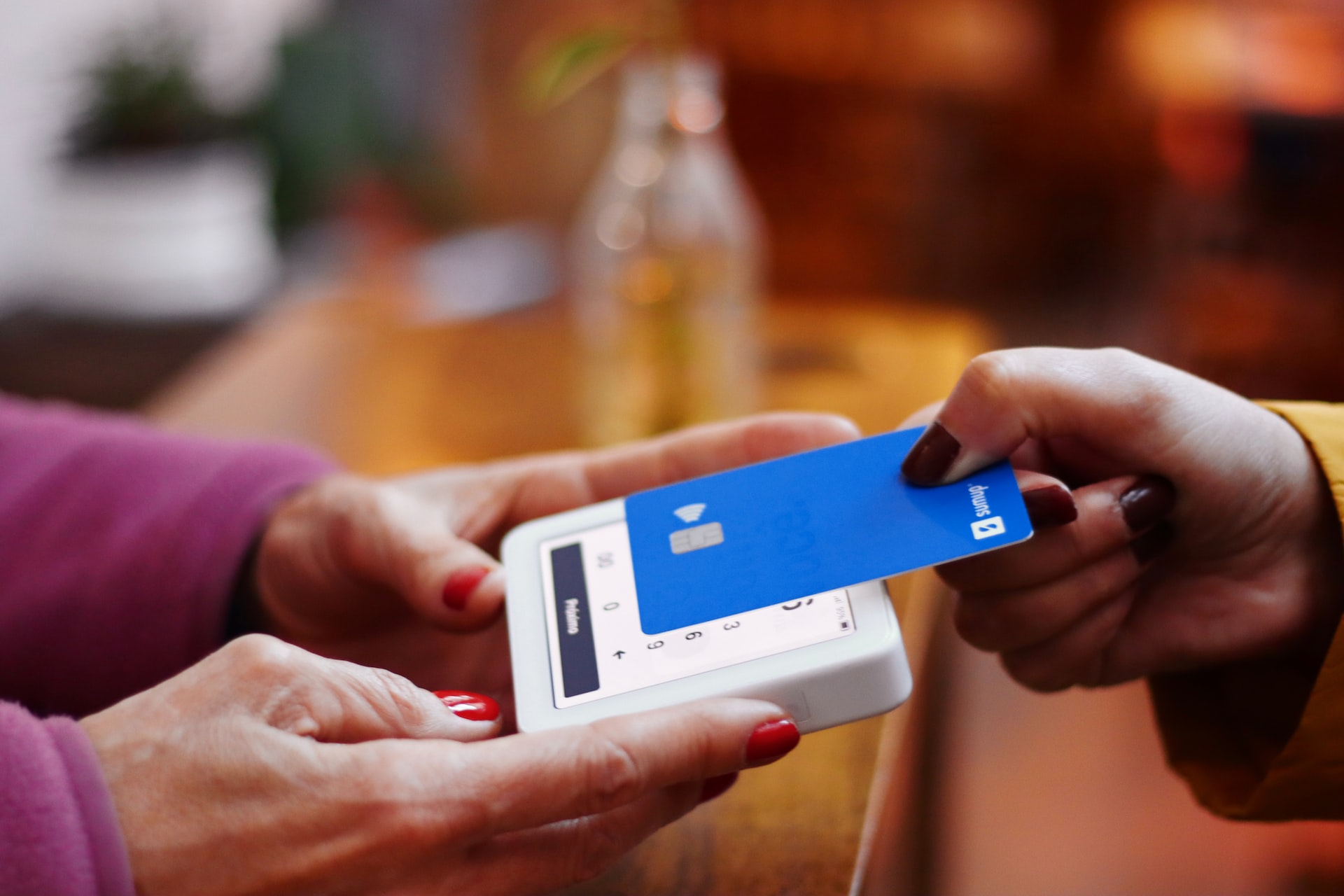If you have a checking account, chances are you have a debit card. Many debit cards are connected to checking accounts, but some of them defy this expectation. Many people use debit cards and credit cards, but understanding the different types of debit cards can help you determine which one makes sense for your finances.
What is a Debit Card?
A debit card is a physical or virtual card that you can use to buy goods and services. You can either fund a debit card with a bank account, direct deposits, a reload pack, or through a retail location that enables prepaid card funding. These cards make purchasing products more convenient since you don’t have to reach into your pocket for spare change. You can also make online purchases with this card, something you can’t do with paper cash.
How Does a Debit Card Work?
Many stores and e-commerce sites invite you to pay with a credit or debit card. Inputting the debit card’s information allows the payment to process seamlessly. You don’t have to write a check to conduct the payment, and the funds immediately leave your checking account. A prepaid debit card transaction will get rejected if you overdraw. Some debit cards connected to checking accounts also get rejected if you overdraw, but some of these orders go through and result in overdraft fees, which make your account negative. Debit cardholders have to monitor their checking accounts or prepaid balances to ensure they don’t spend more than they have available.
5 Types of Debit Cards
Consumers can select from several types of debit cards. Here’s the list.
1. Check Cards
Check cards are the most common type of debit card. These cards link to your checking account and are like writing a check. Each payment takes funds out of your checking account. Overdrawing your account can result in additional fees, and it’s important to stay on top of your balance.
The activity on this debit card does not build your credit score. Unfortunately, that means being a responsible spender will not improve your chances of getting a lower interest rate on your loan.
2. EMV Debit Cards
EMV debit cards are more secure versions of check cards. They function in the same way, but each EMV debit card has a chip that keeps your card safer. It’s more difficult for people to copy a chip than a magnetic stripe. This is because so many financial institutions have been adding chips to their check cards.
3. ATM Cards
ATM Cards require the cardholder to provide their PIN at an ATM to deposit and withdraw funds. Even if someone steals your ATM card, they can’t use it if they don’t have the PIN. These cards have been going out of style, and most banks prefer to give you a check card. Check cards perform the same function as ATM cards and let you cover other expenses as well. ATM cards only work at the ATM, which is more restrictive than most debit and credit cards.
4. Prepaid Cards
Prepaid cards are not connected to a bank account. You have to fund these cards in a prepaid account through direct deposits, reload packs, and other means. You won’t be able to spend money beyond what you have in your prepaid card’s balance. Some of these cards have a bunch of fees, so keep that in mind. If you find a prepaid card with few or no fees, it can be a viable alternative to a checking account.
5. Instant Virtual Debit Cards
A virtual debit card is available on your mobile device. You don’t have to hold onto the debit card in your wallet. Not only does it take up less space, but a virtual version eliminates the risk of losing your card. In addition, you can freeze your virtual debit card in seconds through a mobile app if you detect suspicious activity. These cards are more convenient than physical debit cards and are easy to get.
Comparing The Different Types of Debit Cards
Consumers have many options, but which debit card makes the most sense for you? Using these comparison points can help you find the ideal debit card for your finances.
Fees and Other Costs
Some debit cards have excessive overdraft fees and other costs. However, many financial institutions and online providers are trimming their fees and making debit cards more affordable. As a result, you may find a card with few or no fees if you search long enough.
Minimum Balance/Deposit
Some financial institutions require you to maintain a minimum balance for your checking account to avoid fees. They may also require an upfront deposit into your account. Instead, look for debit cards with low or no balance and deposit requirements.
Account Linking
Most debit cards are connected to a checking account. This is a standard feature, but if you don’t want your checking account connected with a card, you can opt for a prepaid card instead. Some people may also want their savings account connected instead.
Security
EMV chips and virtual cards are more secure than debit cards with a magnetic stripe. You should also consider additional features a debit card provider uses to protect their clients.
ATM Accessibility
Many debit card providers have vast ATM networks that let you withdraw from thousands of ATMs without incurring fees. However, if you use ATMs often and partner up with a debit card provider with no ATM network, you will end up paying a lot of unnecessary fees.
Rewards and Perks
While rewards and perks are more common for credit cardholders, some debit cards have cashback and points programs. So, if you shop around, you may find an enticing debit card rewards program that aligns with how you spend your money.
Other Features
Banks incorporate various features to keep their clients engaged. Small cash advances at 0% APR, budgeting tools, and other resources give people a reason to stick around. However, some banks use an excessive amount of features to mask the fact that they charge higher fees than the competition. Some of those features are better than others, and it’s good to compare options before committing to a debit card.







